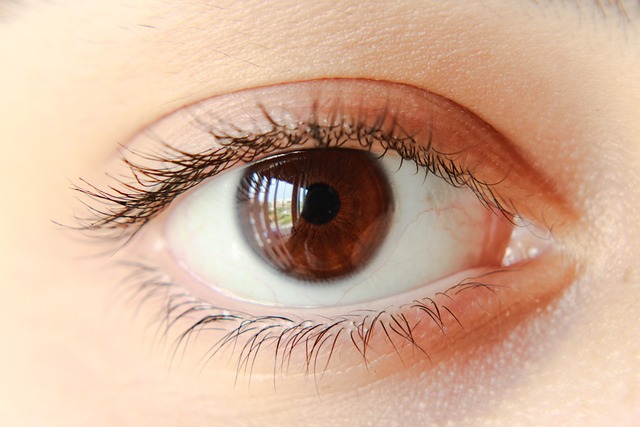Skin tags, harmless growths appearing in skin-on-skin areas, have diverse causes including friction, hormones, obesity and genetics. Birmingham Skin Tag Removal options range from DIY methods like duct tape and apple cider vinegar to professional treatments like cryotherapy and surgical excision. Consulting a qualified dermatologist specializing in Birmingham Skin Tag Removal is crucial for safe removal, tailored advice, and prevention of irritation or scarring.
Skin tags, those small, soft bumps on the skin, are common but many still find them unsightly. This guide explores the best practices for safely removing skin tags at home or in clinics, focusing on Birmingham Skin Tag Removal. We’ll delve into the causes and types of skin tags, safe removal methods, potential risks, and when to consult a dermatologist. By following these guidelines, you can effectively manage skin tags while ensuring your safety and peace of mind.
- Understanding Skin Tags: Causes and Types
- Safe Removal Methods at Home and in Clinics
- Precautions and Potential Risks of Skin Tag Elimination
- When to Consult a Dermatologist for Birmingham Skin Tag Removal
Understanding Skin Tags: Causes and Types
Skin tags, also known as acrochordons, are small, soft skin growths that typically appear in areas where skin rubs against itself, such as the neck, armpits, and groin. They are generally harmless but can be a source of discomfort or self-consciousness for some individuals. Understanding their causes is essential when considering Birmingham Skin Tag Removal options.
There are several types of skin tags, with the most common being acral and angular. Acral skin tags occur on parts of the body that receive little sun exposure and are usually small, soft, and flesh-colored. Angular skin tags, on the other hand, tend to be firmer and more prominent, often appearing as small bumps or tags at the edges of body folds. While the exact cause of skin tags is not always clear, they are believed to develop due to prolonged friction or irritation, hormonal changes, obesity, or certain genetic factors.
Safe Removal Methods at Home and in Clinics
When considering safe skin tag removal, there are options available both at home and in professional clinics. For minor cases or those preferring a more natural approach, several home remedies can be effective. Duct tape and apple cider vinegar are popular choices, with some users reporting positive results after consistent application. However, these methods may not be suitable for everyone, and it’s essential to exercise caution to avoid potential skin irritation or infections.
Clinics offering Birmingham Skin Tag Removal services provide a more comprehensive and controlled environment. Professional treatments like cryotherapy (freezing), laser removal, or surgical excision are commonly used. These procedures are typically faster, more precise, and offer quicker recovery times. A qualified dermatologist can assess your specific case, recommend the best method, and ensure a safe and effective skin tag removal process.
Precautions and Potential Risks of Skin Tag Elimination
When considering skin tag elimination, it’s crucial to understand potential risks and take necessary precautions. While many methods exist for removal, including at-home treatments and procedures like Birmingham Skin Tag Removal, not all options are created equal. Some common side effects include irritation, redness, and even infection if proper hygiene isn’t maintained or the procedure is performed incorrectly.
Additionally, there’s a risk of scarring, especially with repeated attempts to remove skin tags in one area. It’s essential to consult with a qualified professional who can assess your specific case and recommend the safest, most effective approach tailored to your needs.
When to Consult a Dermatologist for Birmingham Skin Tag Removal
If you have skin tags that are causing discomfort, bleeding, or if they grow rapidly and in number, it’s time to consult a dermatologist for Birmingham Skin Tag Removal. While most skin tags are harmless, some may indicate an underlying medical condition, especially if they appear on the face, neck, or other sensitive areas. A professional dermatologist can assess your unique situation, offer expert advice, and provide safe removal options tailored to your needs.
They have the specialized tools and knowledge to remove even stubborn skin tags effectively with minimal pain and risk of complications. Furthermore, a dermatologist in Birmingham can help you understand whether home remedies are suitable for your case or if professional intervention is necessary to prevent potential infections and ensure optimal results for Birmingham Skin Tag Removal.
When considering Birmingham skin tag removal, understanding safe practices is paramount. While home remedies offer temporary relief, clinical procedures provide more reliable results. Always consult a qualified dermatologist for personalized advice, especially if tags are persistent or cause discomfort. Remember, proper precautions and a trusted professional can ensure a successful and safe removal process.
